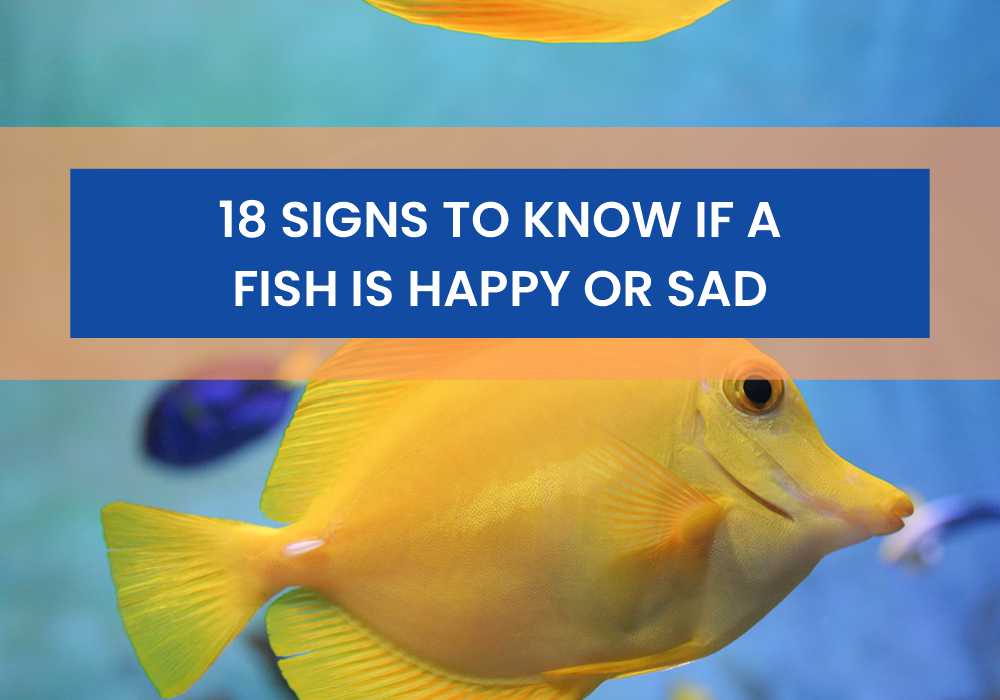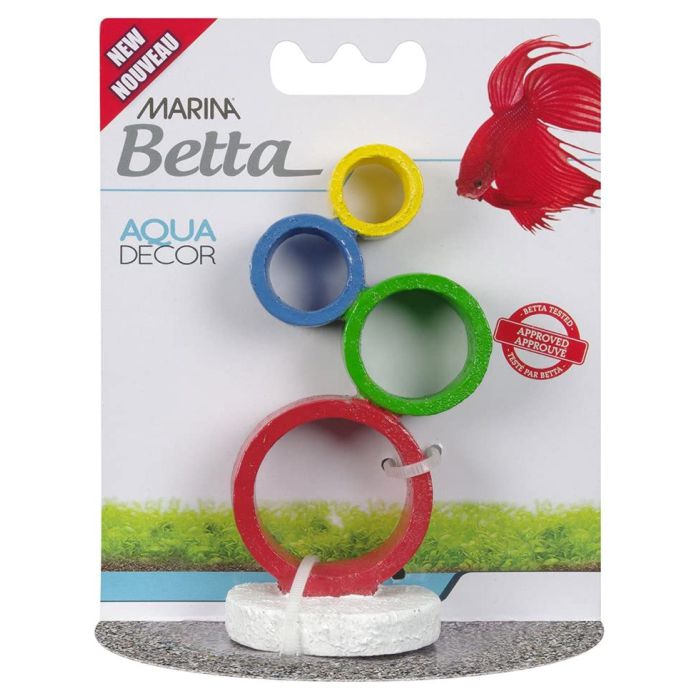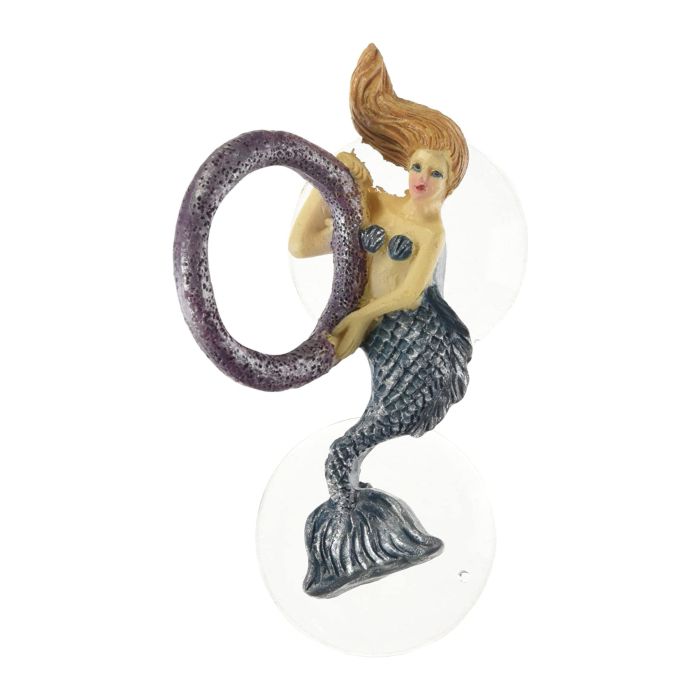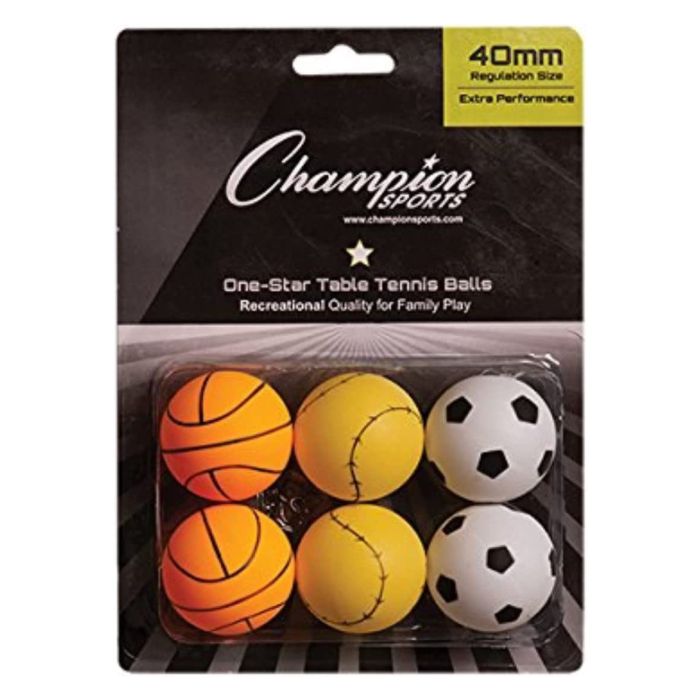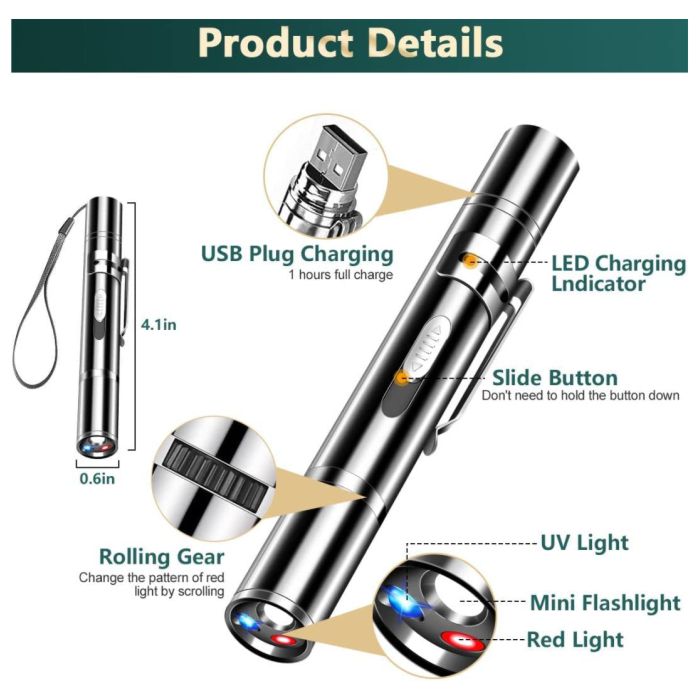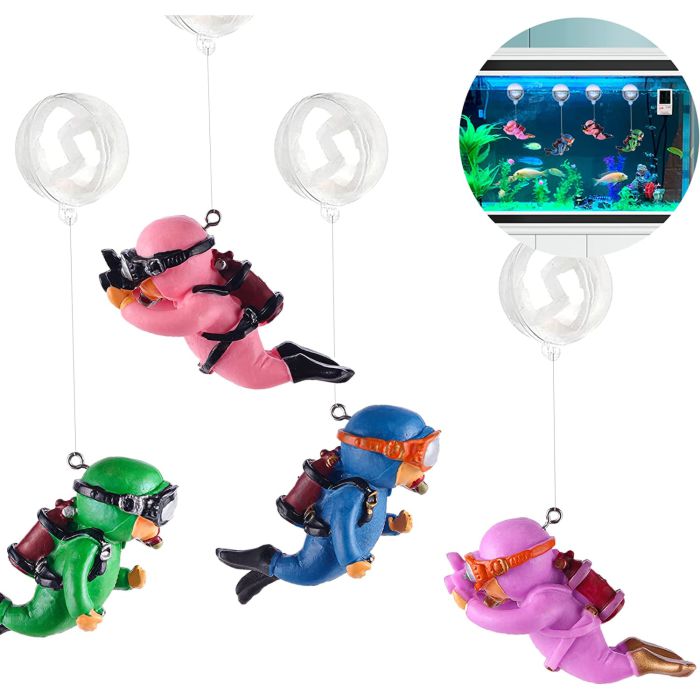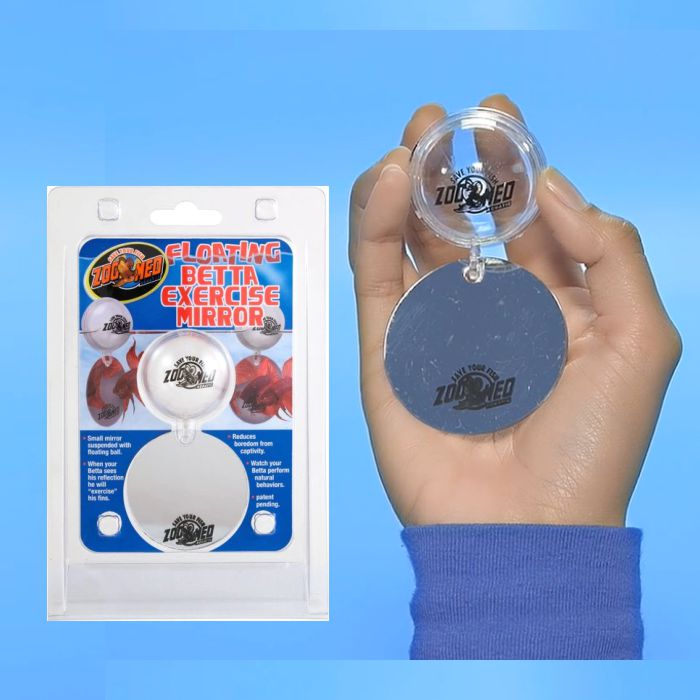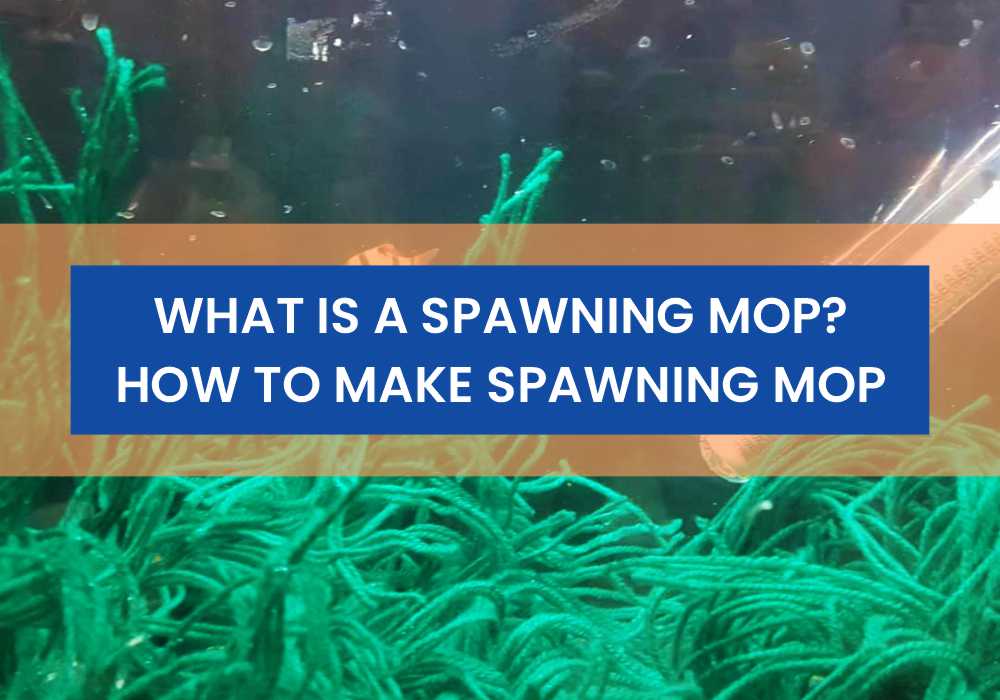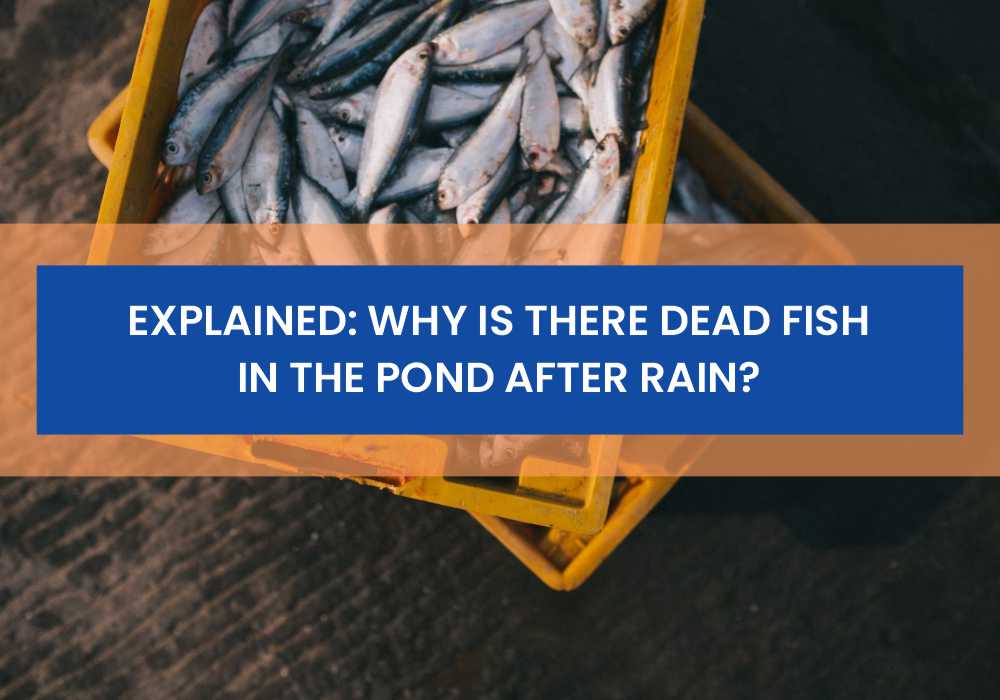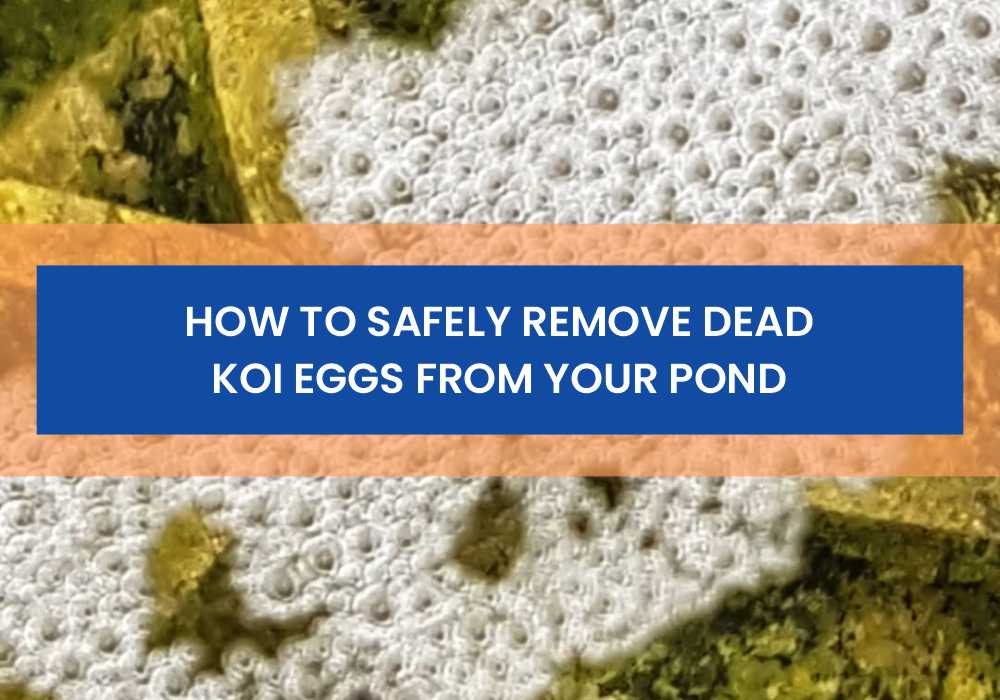As an Affiliate, We may earn a commission that doesn't cost you extra from qualifying purchases using links in this post. It helps keeps this blog running.
Every fish pond owner and small fish tanks owners always wants to know how they can tell if their fishes are happy or not. Because they want to make their fish happy, they are often on the lookout for opportunities on learning how to make their fish happy.
A happy fish is a healthy fish, and a healthy fish is a well-fed fish. Fishes become happy when they are provided with enough good quality food, and when they have a healthy environment to swim in.
Before we proceed, let’s ask ourselves;
Do Fish Feel Sad?
The answer is YES. Fish can be sad and fish do feel sad. Fish are capable of experiencing a whole range of emotions, just like any other animal. Studies have shown that fish react to different situations in a very similar way to how mammals and birds would react.
When a fish is happy, it is often swimming around actively and exploring its surroundings. A happy fish will also often be seen playing with toys or other fishes. On the other hand, a sad fish will often be lethargic and may not be interested in its surroundings. It may also hide away from other fishes.
How To Know If A Fish is Sad? (7 Signs of Unhappy Fish)
There are some signs that you can look for to help determine if your fish is sad. Below are the signs you should look out for to quickly detect and tell if your fish is unhappy.
- It will often swim erratically.
- It will hide away from the other fishes in the tank.
- The fins may be clamped close to the body.
- The fish may gasp for breath at the surface of the water.
- A sad fish will be lethargic and listless.
- They may stop eating or only eat very little than usual.
- Their colors may fade.
If you see any of these signs in your fish or you notice your fish exhibiting any of these behaviors, then it is likely that your fish is unhappy and it’s important to take action to try to improve their environment. If you notice that your fish are not eating as much as usual, it could be a sign that something is wrong and they may be feeling stressed or sick.
How To Know If A Fish Is Happy? (8 Signs of A Happy Fish)
It’s important to create a happy environment for your fish, especially in a new tank or pond. This is so they can live long and healthy lives. Now that you know how to tell if a fish is sad, let’s look at how to tell if a fish is happy in their tank or pond.
Below are the signs you should look out for to quickly detect and know if your fish is happy in their pond or tank.
- A happy fish will have its fins flared out and swim around actively exploring its tank or pond.
- It will often swim to the front of the tank or pond to greet you when you approach.
- They will have a good appetite and consistently eat well
- There will be no strange body spots, torn fins, or abnormally bulging eyes which can be signs of unhappy fish
- Their colors will be bright and vibrant.
- It will interact with other fish in the tank.
- The fish don’t seem afraid of their other tank mates, as fear makes them hide or avoid interaction in the aquarium.
- Their breaths come in a steady rhythm, which is a natural cadence of life. Abnormal breathing patterns could potentially indicate unhappiness and unease.
If your fish are exhibiting these behaviors in their old or new tank, even in their pond, then they are likely happy and healthy. This means that they are comfortable in their surroundings and feel safe enough to swim around freely.
So, there you have it! These are the signs you should look for to help determine if your fish are happy or not. Remember, a happy fish is a healthy fish, so it’s important to provide them with the best environment possible to ensure their happiness.
Now let’s look at how you can make your fish happy;
What Makes A Fish Happy? The 6 Best Ways to Make Your Fish Happy
Looking for how to make your fish happy? There are many things you can do to make your fish happy. Take a look at the list below and try to make sure you check most if not all the items
- Provide them with a clean and healthy environment. One of the most important things is keeping the water in their tank or pond fresh, clean, and free of toxins.
- Provide them with plenty of hiding places and places to swim around freely.
- Feed them a healthy diet of high-quality food. Fishes need a diet that is rich in vitamins, minerals, and amino acids. This will help them stay healthy and active.
- Make sure the water temperature is consistent and not too cold or hot.
- Fish usually become stressed when they are not in their natural habitat. So, adding plants, rocks and, other decorations will help make their environment more natural and inviting.
- Having other fishes around will also help make them feel more comfortable and less stressed.
By following these simple tips, you can help ensure that your fish are happy and healthy.
What Do Fish Do For Fun?
Do fish have fun? This is a question that has been debated for many years. Some people believe that fish do not have the capacity to experience fun, while others believe that they might in some small way.
The jury is still out on this one, but there are some things that we do know about how fish behave that suggest they might possibly be capable of experiencing something akin to fun.
For example, fish have been known to play with toys and chase each other around in their tanks. They also seem to enjoy being around other fish and being in areas where there is a lot of movement and activity going on.
So, while we cannot say for sure if fish experience fun in the same way that we do, there are some signs that suggest they might. And, even if they don’t experience fun in exactly the same way we do, there is no doubt that they enjoy being active and spending time with other fish.
Do Fish Like Toys?
This is another question that has been debated among aquarium enthusiasts for years. Some say that fish are too simple-minded to appreciate or even notice toys, while others believe that certain types of fish can become quite attached to their toys. So, what’s the verdict?
It seems that the answer may depend on the type of fish in question. For example, goldfish are notoriously low on the intelligence scale and are not likely to be very interested in toys. On the other hand, some species of cichlids (a type of freshwater fish) have been known to form strong bonds with their favorite playthings.
If you’re thinking of adding some toys to your fish tank, it’s a good idea to do some research on the specific needs and behaviors of your fish. Some fish, like clownfish, are very social creatures and do best when they have another fish to interact with. In this case, adding a mirror to the tank can be a great way to provide stimulation. Other fish, like bettas, are more solitary and may prefer not to have any other fish in their tank. In this case, you might want to consider adding a small floating toy for them to chase.
Ultimately, it’s up to you to decide if you think your fish would benefit from having some toys in their tank. If you do decide to add some toys, be sure to observe your fish carefully to see how they react. You may find that they love their new toys, or you may decide that they’re just not interested. Either way, it’s all part of the fun of keeping fish!
What Types Of Toys Do Fish Like?
There are all sorts of different types of toys that you can add to your fish tank, and the best type of toy for your fish will depend on their individual needs and personality. For example, some fish like to chase things, while others prefer to hide or play with objects that they can destroy.
Some of the most popular types of fish toys include;
- Mirrors are great ways to provide stimulation for social fish
- Balls like ping pong balls are perfect for fish that like to chase
- Floating toys
- Laser Pointer to play catch
- Chew toys are a good option for fish that like to mouth objects or have a tendency to nibble on plants.
- Artificial Plants
When choosing a toy for your fish, it’s important to select an option that is the right size for them. If the toy is too small, there’s a risk that your fish could swallow it. If the toy is too large, your fish may not be able to interact with it properly.
It’s also important to avoid any toys that are made of materials that could break down and release toxins into the water. only select toys that are specifically designed for use in aquariums and ponds.
In Conclusion;
So, there you have it! While we may not know exactly what goes on inside a fish’s head, there are some signs they exhibit that could help us determine what they are feeling at a certain moment. If you’re thinking of adding some toys to your fish tank, be sure to do some research on the specific needs and behaviors of your fish first. And, as always, observe your fish carefully to make sure they’re happy and healthy.

I’m Akin Bouchard. Even though I now own several different fish species, I first became a koi pond owner because I loved these creatures and wanted to turn my passion into something more serious. I take pride in my collection of koi fish and love sharing my knowledge with others interested in these beautiful creatures.
A Comprehensive Guide to Training Your Fish to Perform Amazing Tricks Feats

